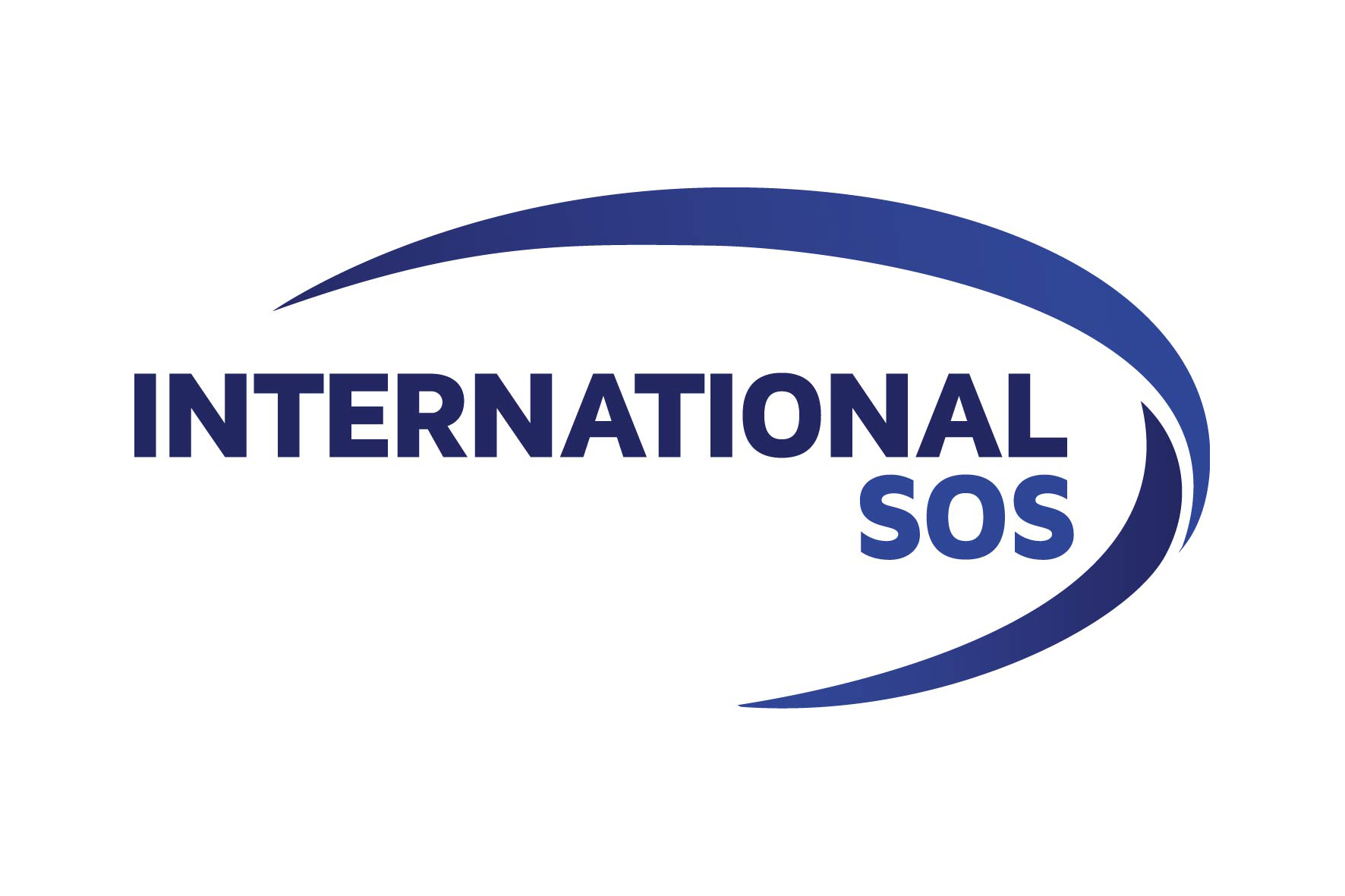
One year on from the onset of the Ukraine and Russia conflict last February, crisis preparedness has become a strategic imperative for states, societies, and the C-suite.
Having witnessed rising geoeconomic pressures across Europe, an energy squeeze, labour and supply chain shortages, a cost-of-living crisis and extreme weather events, businesses are feeling the compounding effects of consecutive disruptions.
However inevitable global shocks may be, many companies still find themselves on the back foot when a crisis strikes. Responsive risk management strategies can leave decision-makers underprepared and scrambling to address emergencies in isolation as and when they occur.
As James Wood, security director at International SOS puts it: “Organisations are usually very good at being forward-leaning when it comes to their operations and the pursuit of growth. Given the state of ‘permacrisis’ we are contending with, the same mentality needs to be adopted when it comes to risk management and security.”
In its 2023 Risk Outlook report, International SOS identifies five critical risks that leaders should be actively mitigating over the next 12 months: geopolitical instability, disinformation, travel safety, and climate change all make the shortlist for this year’s biggest threats to business as usual.
In the survey of senior risk professionals carried out for International SOS’ Risk Outlook, some 85% of respondents agree that the world has become more dangerous over the past 12 months – the highest percentage since the company started asking the question in 2014.
One of the more pervasive yet underacknowledged challenges raised in the report is the sheer volume of information in play globally that organisations must assess. Leaders need to quickly identify, verify and corroborate relevant intelligence and then act on it in meaningful ways. Some 35% of respondents to the International SOS survey believe that disinformation could have a meaningful impact on their organisation’s decision-making.
Wood notes that widespread mis- and disinformation around hot-button issues such as Covid-19 and the conflict in Ukraine carried costly and damaging consequences for businesses and their employees in some cases. “Regrettably, many companies delayed their decisions on evacuating staff from Ukraine ahead of the onset of the Russia-Ukrainian conflict on 24th February last year,” he says.
Organisations are usually very good at being forward-leaning when it comes to their operations and the pursuit of growth … the same mentality needs to be adopted when it comes to risk management and security
Amid increasing geopolitical tensions, International SOS issued evacuation guidance 12 days before the conflict started. But even with timely, accurate, trusted and actionable intelligence, disinformation can cast a shadow of doubt over crisis response. Wood explains: “Some organisations put off their decisions because they were getting differing reports about the likelihood of the conflict escalating, and their systems for processing that intelligence and acting on it were poorly attuned to rapid and decisive action.”
To some extent, Covid-19 acted as a wake-up call to the C-suite, alerting business leaders to the importance of developing functioning crisis management structures that enable them to act quickly. Wood recalls a multinational telecommunications company that was caught off guard by the pandemic and was forced to react to events as they happened rather than getting ahead of the situation.
“After their bad experience with Covid, they started to worry about how they would respond to future crises. They engaged International SOS to conduct a gap analysis of what they did well and what could be improved in their response to the Covid crisis,” says Wood. The company used that analysis to build a structured emergency response plan that it could expand and apply to any crisis. “With subsequent emergencies such as the Russia-Ukraine conflict, they were far better placed to mitigate the risks and better prepared to tackle those situations,” he says.
Travel poses another challenge for businesses which may have slipped down the agenda in recent years but is now inching its way back into the spotlight. The complexity of the risk landscape has spurred a host of attendant problems for employers that need to ensure the safety of staff worldwide.
43% of respondents surveyed in the International SOS report said security challenges would impact business travel over the coming year, with fears of terrorist incidents and violent protests. But Wood believes that the most significant issues for travellers are related to health, accidents and diseases. He says: “The perception is that security is the biggest threat to business travel, but actually, the biggest risks are still personal health and medical issues such as getting sick after eating local food abroad or road traffic accidents.”
Meanwhile, climate change is also increasing health risks. Alongside extreme weather events, a hotter, wetter climate also has the potential to increase the spread of tropical diseases, another risk area for global businesses.
According to Wood, organisations need to “plan for the unplannable” to cope with all these scenarios effectively. He advises businesses to run simulation exercises to prepare for crisis events. Virtual training and online exercises are accessible and effective for replicating a range of crisis scenarios, which allow key decision-makers to take part in realistic emergency drills and test the responses of management and staff in a safe environment.
While permacrisis interferes with enterprise strategy and companies’ growth goals, it’s also pertinent to consider how external stressors impact employees’ mental health and wellbeing. Survey respondents to the Risk Outlook highlighted the impact that sustained global crises have on the mental health and productivity of staff.
The three most common issues affecting the productivity of domestic employees and remote workers were cost-of-living pressures, natural disasters, often linked to the climate crisis, and security threats such as protests, violence and terrorism.
Some 90% of respondents said their organisation’s mental health support offerings had either increased or remained consistent in the last year, though limits on time and money are holding back much-needed support. The International SOS Risk Outlook 2023 judges that along with external threats, rising levels of mental ill health represent an invisible yet very real risk to organisations.
Crucially, companies may not have the luxury of a full recovery before the next wave washes over and helping employees adjust to the ‘new normal’ will be fundamental for establishing resilience. Wood says: “Businesses need to keep their radars on, their staff informed, their systems alert and prepare for the worst while expecting the best.”
For more information please visit internationalsos.com

One year on from the onset of the Ukraine and Russia conflict last February, crisis preparedness has become a strategic imperative for states, societies, and the C-suite.
Having witnessed rising geoeconomic pressures across Europe, an energy squeeze, labour and supply chain shortages, a cost-of-living crisis and extreme weather events, businesses are feeling the compounding effects of consecutive disruptions.
However inevitable global shocks may be, many companies still find themselves on the back foot when a crisis strikes. Responsive risk management strategies can leave decision-makers underprepared and scrambling to address emergencies in isolation as and when they occur.

